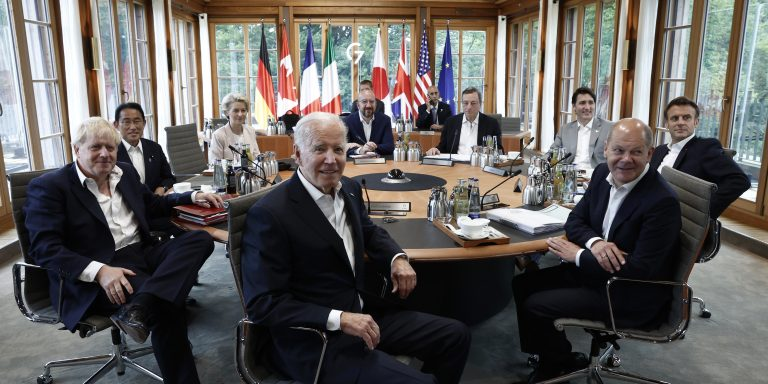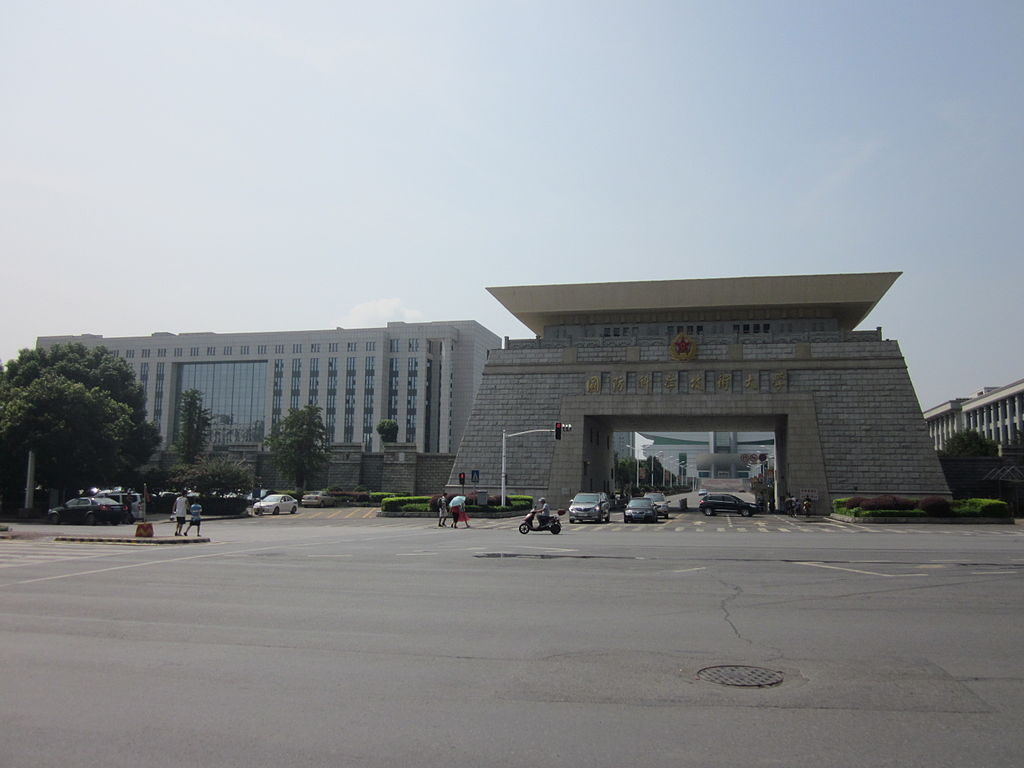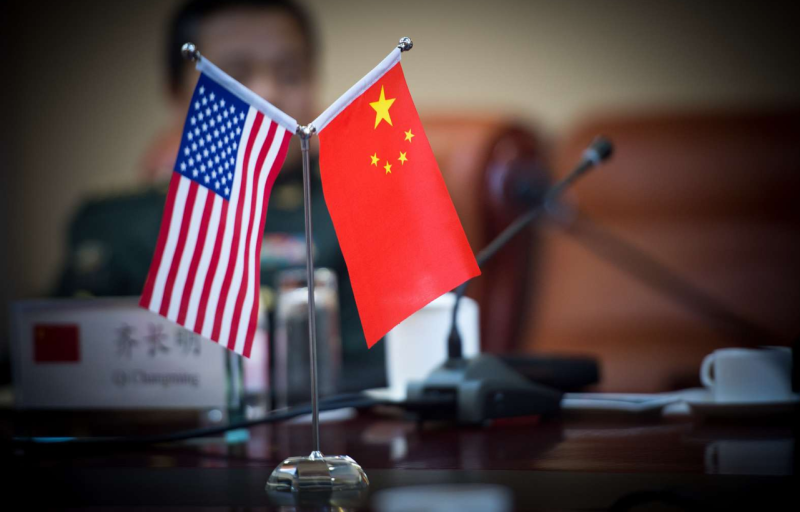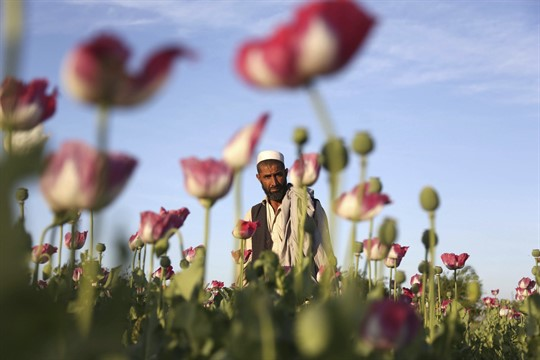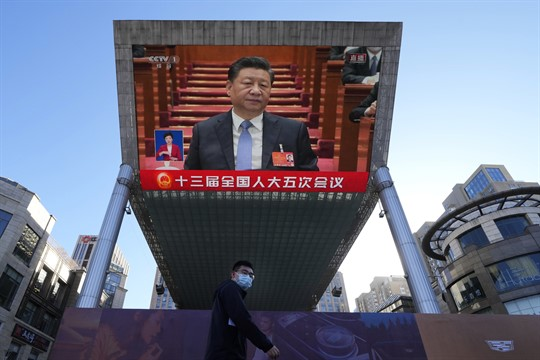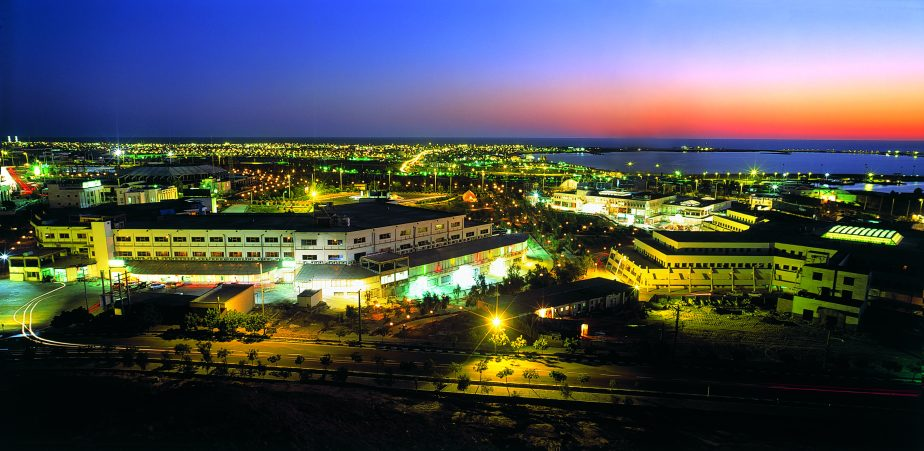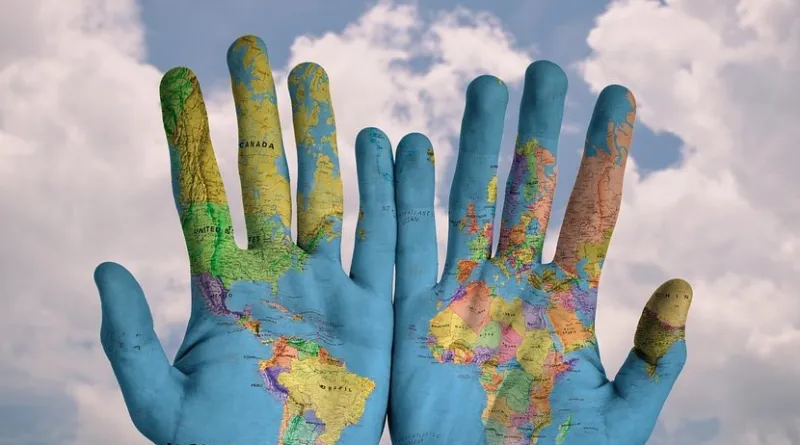Ukraine war: Russia’s G20 walkout heightens tensions at fractious summit as China’s rise continues
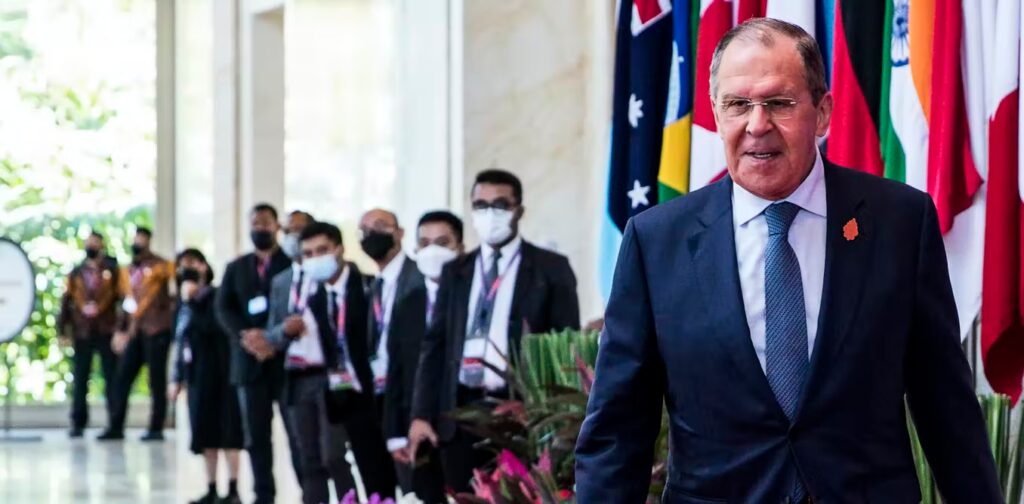
While G20 foreign ministers were meeting in Bali, Indonesia, the Russian president, Vladimir Putin, threatened further escalation in his war against Ukraine, announcing to the world that “by and large, we have not started anything in earnest yet”. What he meant became quickly clear when a missile attack hit an apartment building in Chasiv Yar in Ukraine’s Donetsk region, killing 33 people. Further indiscriminate attacks followed against Kharkiv in northern Ukraine and Mykolaiv in the south.

